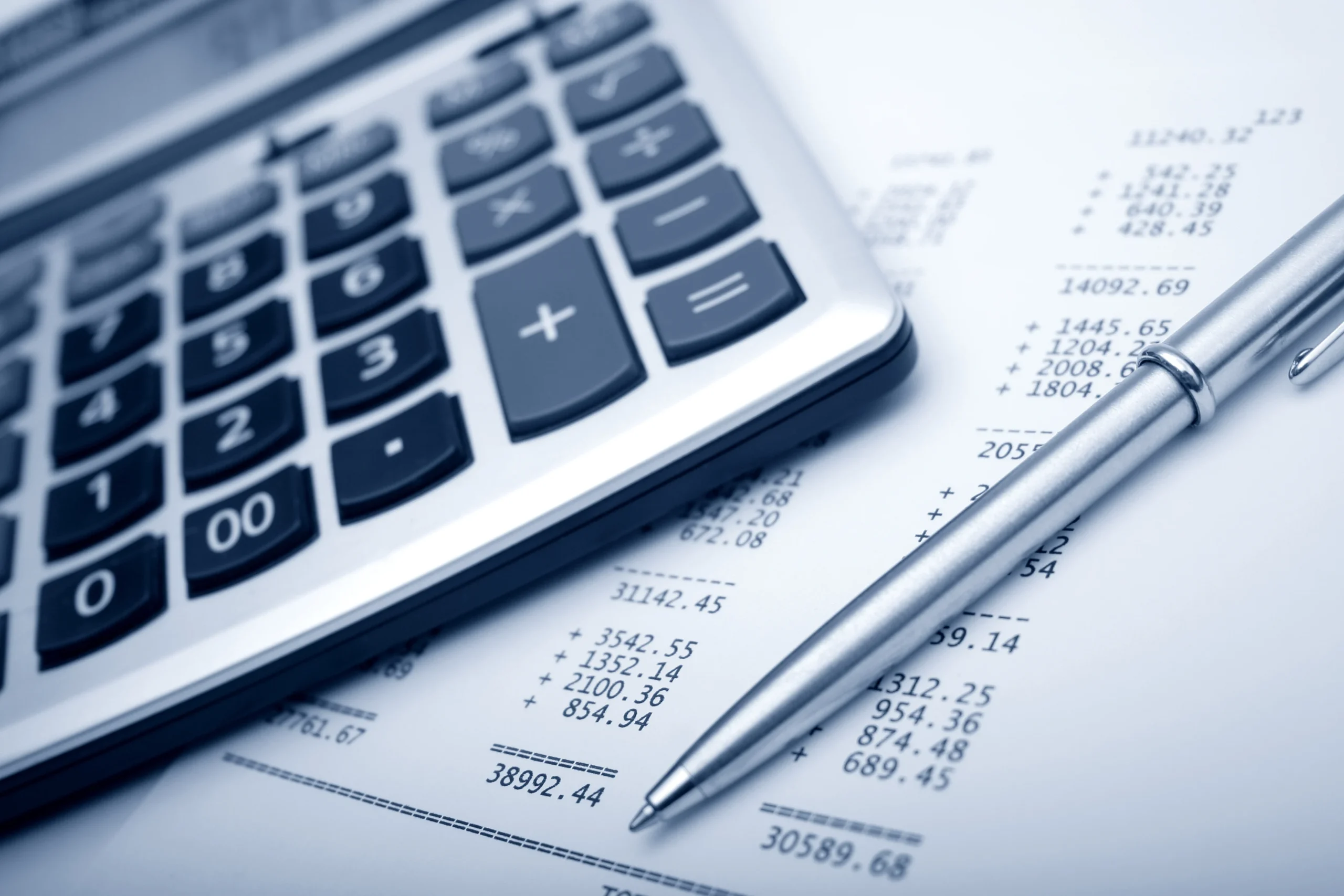Demystifying the Market: How to Calculate the Average Price of Shares
In the fast-paced world of the stock market, investors are constantly seeking methods to maximize returns and reduce risks. One crucial technique, often overlooked by beginners yet revered by seasoned investors and financial analysts, is the calculation of the average price of shares. This strategy not only provides a clearer picture of your investment’s performance but also informs your future investment decisions.
Understanding the Importance
Before we jump into calculations and formulas, it’s vital to understand why calculating the average price of your shares is beneficial:
- Performance Tracking: It helps investors track the performance of their investments over time.
- Decision Making: By knowing the average cost of current holdings, investors can make informed decisions about buying more shares or selling existing ones.
- Tax Optimization: For tax purposes, knowing your average share price helps in calculating capital gains or losses accurately.
The Formula Simplified
The average price of shares is calculated by dividing the total amount of money spent on shares by the total number of shares bought. Here’s the formula:
\[ \text{Average Price Per Share} = \frac{\text{Total Amount Paid for Shares}}{\text{Total Number of Shares Purchased}} \]
This might seem straightforward, but the application of this formula can vary depending on how you have accumulated your shares.
Calculating Average Share Price: A Step-by-Step Guide
Scenario 1: Single Purchase
If you have purchased shares of a company in one transaction, the average price per share is simply the purchase price. However, remember to include any transaction fees as part of your total expenditure.
Scenario 2: Multiple Purchases at Different Prices
The calculation becomes slightly more complex when you buy shares of the same company at different prices and times. You must account for each transaction.
Example:
- Transaction 1: Bought 50 shares at $20 each, totaling $1000
- Transaction 2: Bought another 30 shares at $25 each, totaling $750
To calculate the average price per share:
\[ \text{Average Price Per Share} = \frac{(\text{50 shares} \times \$20) + (\text{30 shares} \times \$25)}{50 \text{ shares} + 30 \text{ shares}} \]
\[ = \frac{\$1000 + \$750}{80 \text{ shares}} = \$21.875 \text{ per share} \]
Tips for Effective Calculation
- Keep Track of All Your Transactions: Maintain a detailed record of every purchase, including the date, number of shares bought, price per share, and any fees or commissions.
- Use Spreadsheets: A spreadsheet can be a powerful tool for tracking and updating your average price per share, especially if you are actively trading.
- Consider Using Investment Apps: Many modern investment platforms automatically calculate the average price for you and provide insights based on your holdings.
Leveraging Your Calculations
Understanding the average price of your shares allows for strategic decision-making. If the current market price is significantly higher than your average, it might be a profitable time to sell. Conversely, if the market price is much lower, it could be an opportunity to buy more shares at a cheaper rate and lower your overall average cost.
Conclusion
Calculating the average price of shares is a fundamental skill that can enhance your investing strategy, allowing you to maximize gains and minimize losses. Whether you are a novice investor or a financial analyst, mastering this calculation can provide deep insights into your investment health and guide your future decisions in the stock market.
Remember, the key to successful investing is not just about making accurate calculations but also about understanding market dynamics, being patient, and staying informed.

